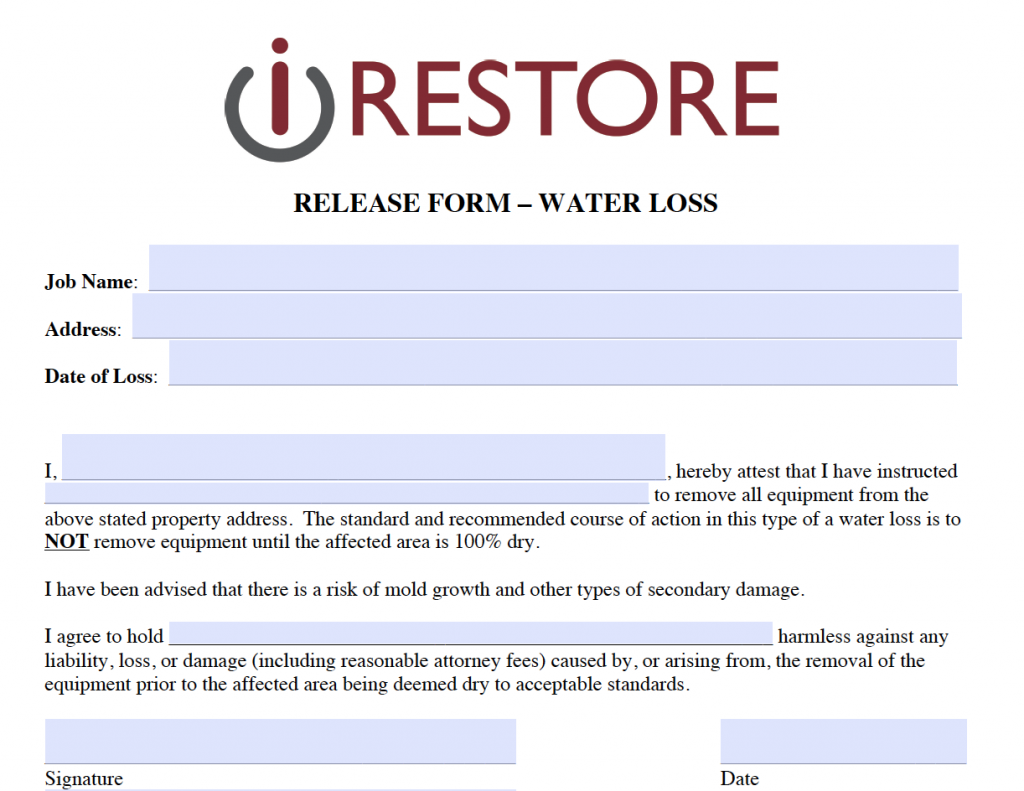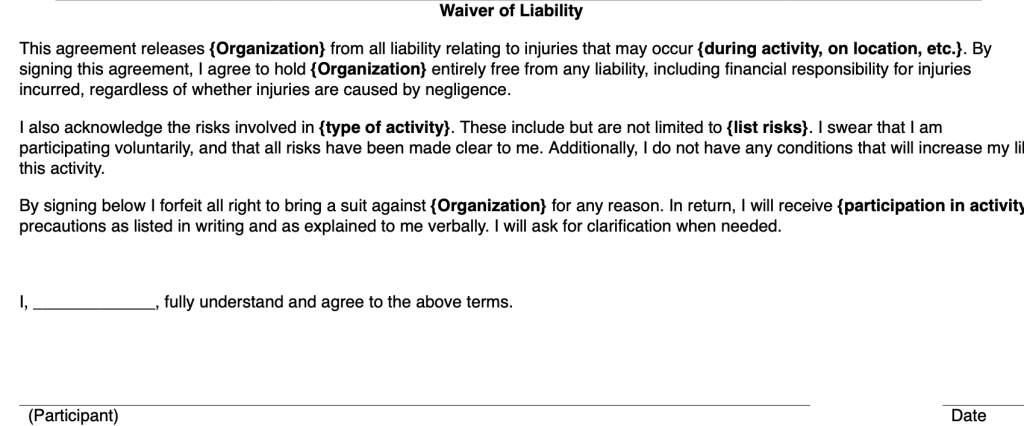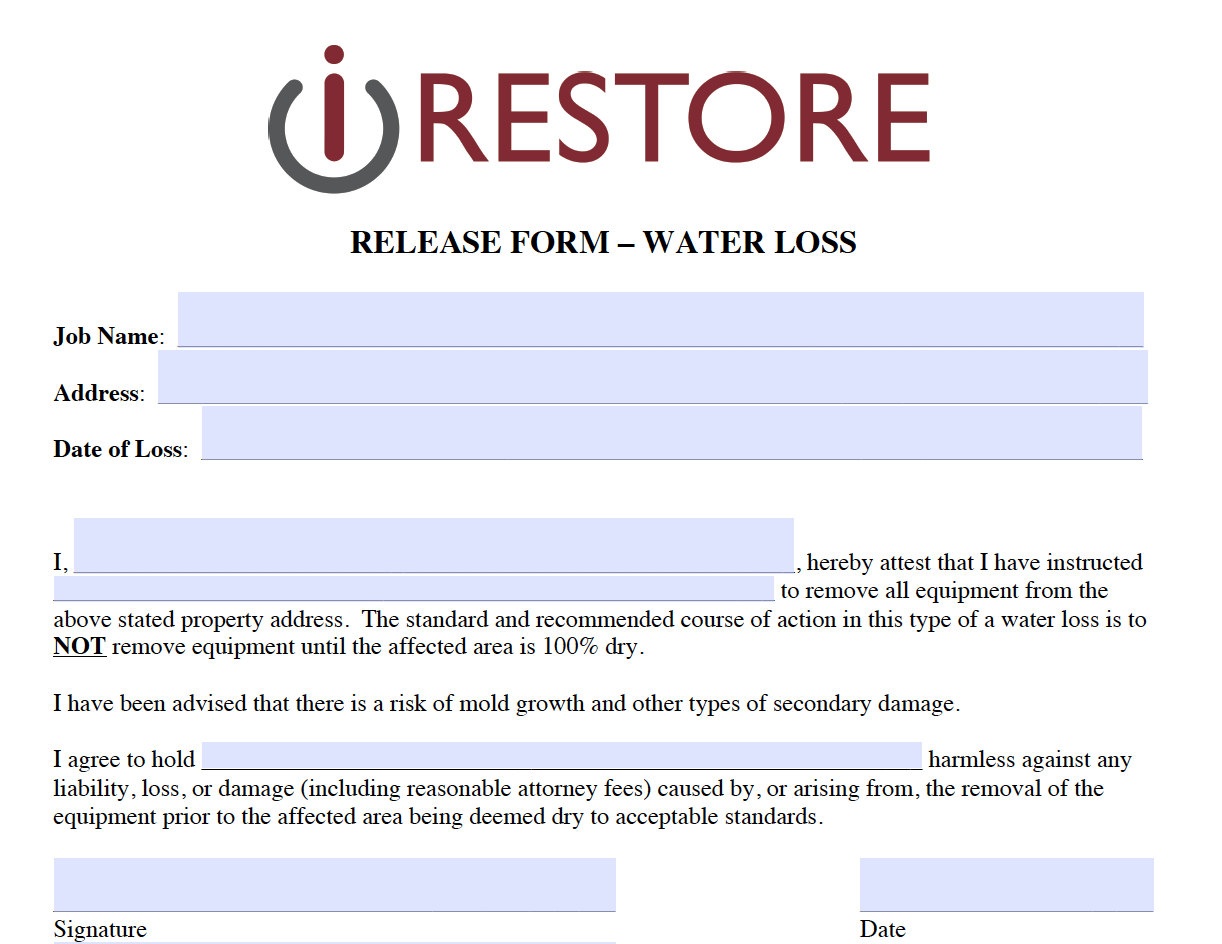“The purpose of a contract is to establish the agreement that the parties have made and to fix their rights and duties in accordance with that agreement. The courts must enforce a valid contract as it is made, unless there are grounds that bar its enforcement.”

Although contracts may not be the most fun part of running our operations, they are necessary to protect our companies, customers and business partners. They are also part of the legal landscape in which we do business. It is part of our everyday operations to execute a variety of contracts and legal documents during the rendering of our services. Some of our most commonly utilized contracts include, but are not limited to Emergency Service Authorizations, Repair Contracts and Certificates of Satisfaction. Since many contract laws are dictated by your state, it is advisable to have your legal documents reviewed to ensure compliance.
The following list includes some considerations to review in your day to day operations:
- Right of Rescission: In many states there is a “Right to Rescind” a contract, which is often three days. When executing an Emergency Service Authorization, evaluate the need to also execute a Waiver of the Right to Rescind due to the fact that the services and completion typically happen immediately or within the time allowed to rescind.
- Change Orders: This must be executed consistently on repair contracts or you may impair your ability to enforce and protect the company.
- Waiver of Liability: It is good to have a template with some language ready so that the company is prepared to execute in a variety of circumstances that you may encounter in your day to day.

- Waiver for Water Losses: Consider giving access to a Waiver for Water Losses form that is ready to go during the monitoring process of your water loss. View a sample waiver for water losses here.
- Subcontractor Contracts: It is important to have contracts with your subcontractors that establish a legal basis for responsibilities, expectations and liabilities in the execution of work with your company.
- Employment Contracts: Review and evaluate the need for employment contracts and agreements.
- Other Contracts: “Always read the fine print.” In the juggle of our fast-paced worlds, it is tempting to skip the step of reading contracts that we sign in their entirety. I can tell you from personal experience; it is best to read and fully understand all contracts that you execute.
![]()








